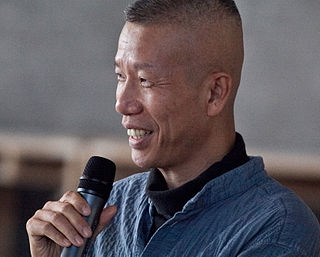A Quote by Publilius Syrus
The timid man calls himself cautious, the sordid man thrifty.
Related Quotes
It appears to Nietzsche that the modern age has produced for imitation three types of man ... First, Rousseau's man, the Titan who raises himself ... and in his need calls upon holy nature. Then Goethe's man ... a spectator of the world ... Third Schopenhauer's man ... voluntarily takes upon himself the pain of telling the truth.
The finest virtues can become deformed with age. The precise mind becomes finicky; the thrifty man, miserly; the cautious man, timorous; the man of imagination, fanciful. Even perseverance ends up in a sort of stupidity. Just as, on the other hand, being too willing to understand too many opinions, too diverse ways of seeing, constancy is lost and the mind goes astray in a restless fickleness.
Is there any man that thinks in chains like the man who calls himself a free-thinker? Is there any man so credulous as the man who will not believe in the Bible? He swallows a ton of difficulties, and yet complains that we have swallowed an ounce of them. He has much more need of faith of a certain sort than we have, for skepticism has far harder problems than faith.
For the essence of sin is man substituting himself for God [Gen. 3:1-7], while the essence of salvation is God substituting himself for man [2 Cor. 5:21]. Man asserts himself against God and puts himself where only God deserves to be; God sacrifices himself for man and puts himself where only man deserves to be.
The Vedanta teaches men to have faith in themselves first. As certain religions of the world say that a man who does not believe in a Personal God outside of himself is an atheist, so the Vedanta says, a man who does not believe in himself is an atheist. Not believing in the glory of our own soul is what the Vedanta calls atheism.





































